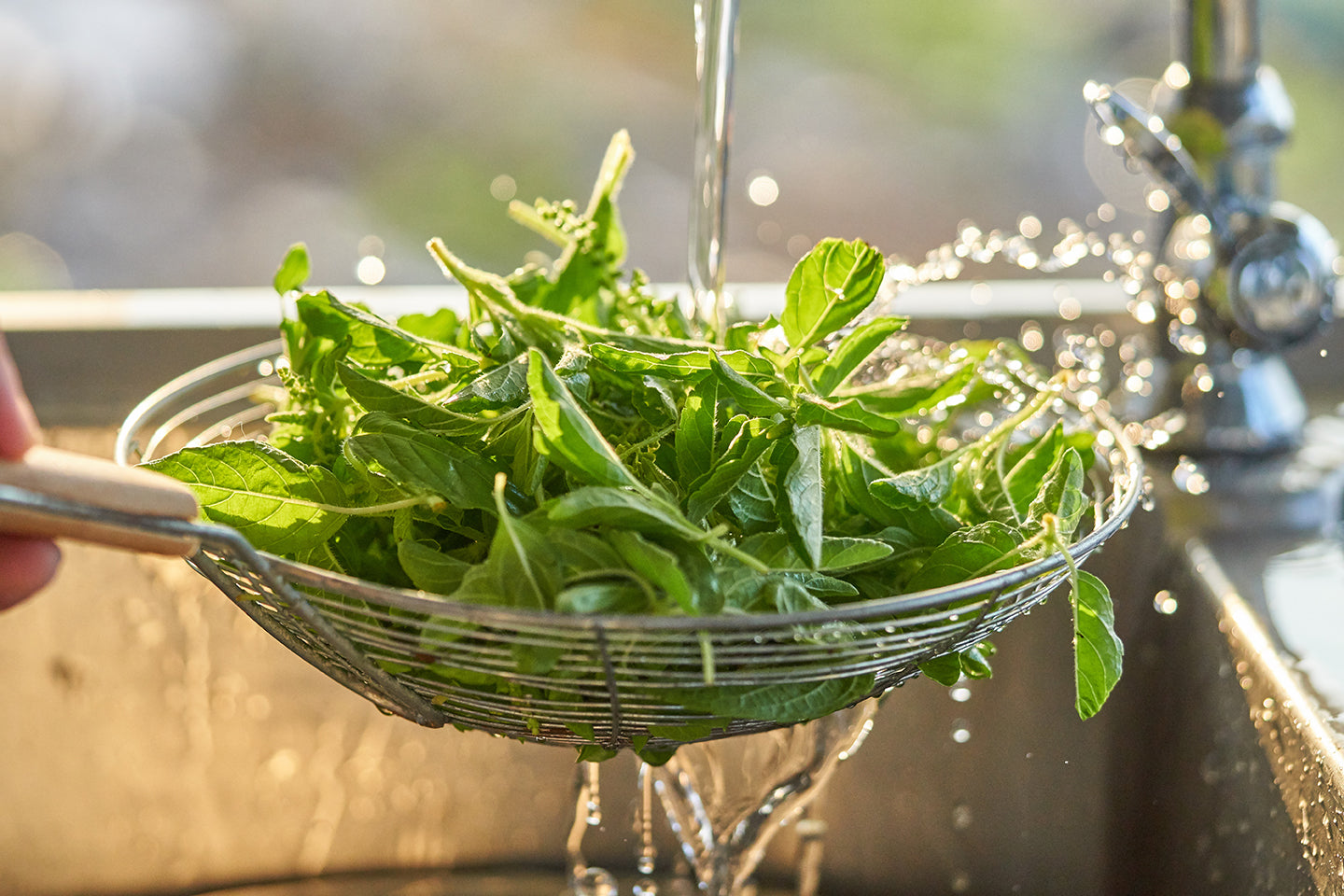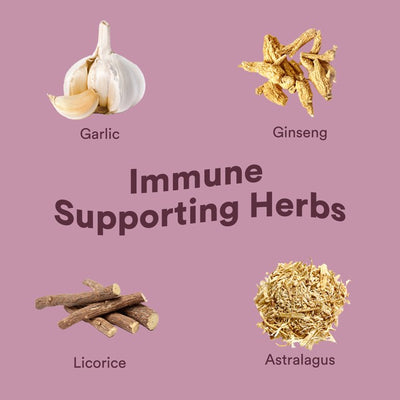What is Tulsi?
Tulsi, which translates to “the incomparable one”, is among the most sacred herbs in all of Ayurvedic medicine. Also known as Holy Basil, its delicately sweet, clove-like aroma is irresistible to both the mind and body. Like other forms of basil around the world, tulsi has a delicious, pungent flavor that energizes and warms the system. In the Ayurvedic tradition, it is like a medicine chest in its own right, with applications ranging from digestion and immunity to energy and cognition.
Tulsi Benefits
Therapeutically, Tulsi has a long and impressive list of indications, and its benefits extend throughout the body. In Ayurveda, Tulsi is considered rejuvenative, which is equivalent to the well-known plant category adaptogens. This means that the herb has the ability to improve physical and mental adaptation and function by optimizing virtually every body system. This is why Ayurvedic philosophy considers tulsi to stimulate “prana”, or life force energy, to flow evenly throughout the body.
3 Ways to Add Tulsi into Your Lifestyle
1. Tulsi Tincture
Tulsi is a carminative with aromatic pungency and a heating nature. This makes it an excellent digestive remedy for conditions characterized by low digestive fire, gas, bloating, damp stagnation and general sluggishness. It helps to increase appetite, calm spasms and cramps, and helps to normalize blood sugar. Having a liquid Holy Basil extract on hand is an easy way to reap these benefits. Simply add a dropper-full to water or juice a few times per day.
2. Tulsi Aromatherapy
Tulsi’s warming and stimulating nature is also very beneficial for the respiratory system. Its clarifying effects are similar to breathing fresh sea air charged with moist, ozone-rich mist. It supports the body's removal of excess mucus and congestion from the lungs caused by dampness and constriction, and also activates the prana within the chest, vitalizing and improving lung capacity. Enjoy the benefits of tulsi by diffusing it throughout your home.
3. Tulsi Tea


